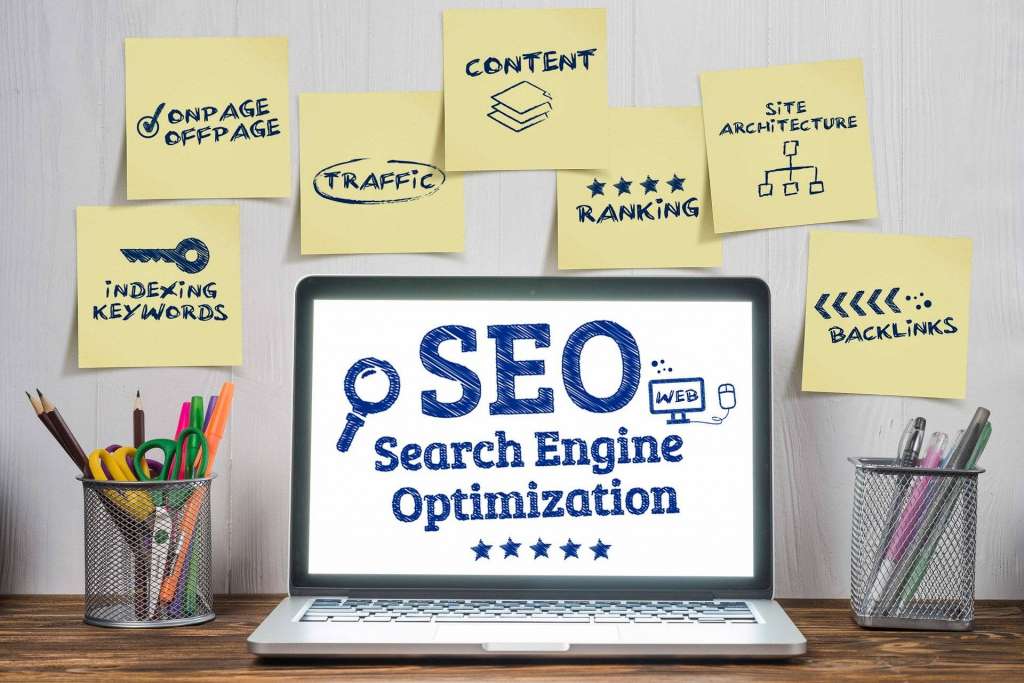As search engines continue to become more sophisticated, the need for digital marketers to adapt their SEO strategies has also become imperative.
Semantic SEO is no longer new to digital marketing, but it is a concept that still concerns many people, especially novice business owners. Continue reading in this infographic in detail about semantic SEO, how it works, why it has become an integral part of every digital marketing strategy these days.
Semantic SEO Meaning and Origin
Semantic search engine optimization (SEO) is the practice of creating focused and optimized web content around topics, not just keywords. It is based on the idea that people prefer that their queries be treated precisely by a definitive source, even if their search queries are quite ambiguous or contain no query term. Come 2015, and Google rolled out the RankBrain – a part of Hummingbird update which enables the search engine to process the content of webpages using Artificial Intelligence and Natural Language Processing (NLP) – making it even smarter and capable of providing more relevant results to search users.
How Does Semantic SEO Affect My Rankings?
With semantic search, Google is no longer content to classify web pages according to the exact keywords they contain, but more by deducing the relevance of pages on past queries entered by the user as well as on inbound links and outgoing to the relevant pages which the web page might have. Taking these semantic factors into account allows Google to provide more precise and relevant answers than they could get in years prior to Hummingbird. the sophisticated search engines that people use today.
How and Why Companies Use Semantic SEO?
In addition to creating highly relevant, meaningful and engaging content for users, semantic SEO primarily involves the use of structured data markup. It is important to note, however, that while structured data markup can help search engines research to better understand the exact information that your content contains, it is not used as a ranking signal by Google, Yahoo!, Bing and other search engines. However, once implemented, it can increase the relevance signal of your web page, which can lead to a higher SERP ranking.
Benefits of Semantic SEO to Your Digital Marketing Campaign
When semantic search engines like Google can easily understand the context of your highly engaging and meaningful content, the higher the chances of it ranking above SERP. And as we all know in the SEO world, having great value content that matches the intent and context of the searcher’s query can amount to powerful benefits.
Conclusion:
If there is a myth that digital marketers should definitely stop, it’s that SEO is already dead. Although the challenges have made this strategy even more difficult to execute, only one thing is certain: it is alive and dynamic, or to describe it more precisely – evolving.




